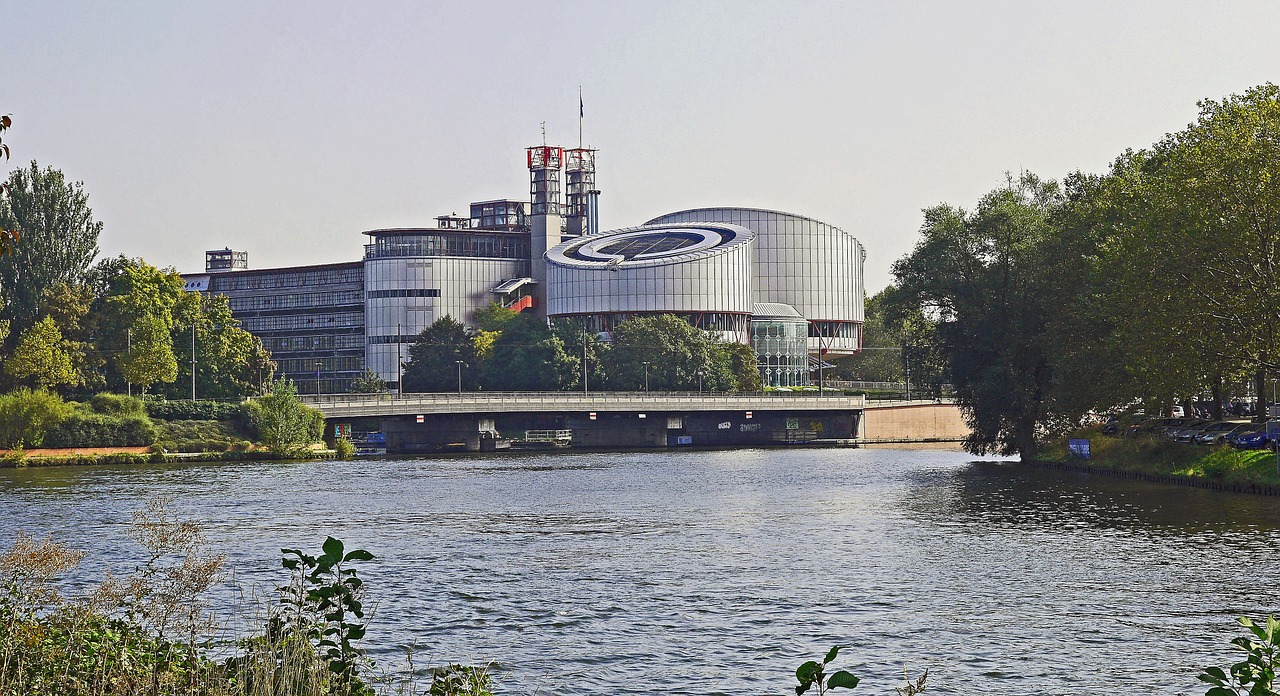ECtHR grants urgent interim measure to stop removal of man from UK to Rwanda

The European Court of Human Rights has granted an urgent interim measure in the case of K.N. v. the United Kingdom, an asylum-seeker facing imminent removal to Rwanda.
The court received a request yesterday to indicate an urgent interim measure to the UK government, under Rule 39 of the Rules of Court, in relation to the man, an Iraqi national who, having claimed asylum upon arrival in the UK on 17 May 2022, faced removal to Rwanda last night.
The European Court has indicated to the UK government that the applicant should not be removed to Rwanda until three weeks after the delivery of the final domestic decision in his ongoing judicial review proceedings.
Under Rule 39, the court may indicate interim measures to any state party to the European Convention on Human Rights. Measures under Rule 39 are decided in connection with proceedings before the court, without prejudging any subsequent decisions on the admissibility or merits of the case.
The court grants such requests only on an exceptional basis, when the applicants would otherwise face a real risk of irreversible harm.
On 13 April 2022 the UK government entered into a memorandum of understanding with the government of the Republic of Rwanda for an asylum partnership arrangement. Under that arrangement, asylum seekers whose claims were not being considered by the UK could be relocated to Rwanda.
The applicant, K.N., an Iraqi national, was born in 1968. He left Iraq in April 2022, travelled to Turkey and then across Europe before crossing the English Channel by boat. Alleging that he was in danger in Iraq, he claimed asylum upon arrival in the UK on 17 May 2022.
On 24 May 2022 the applicant was served with a “Notice of Intent” indicating that the authorities were considering deeming his asylum claim in the UK inadmissible and relocating him to Rwanda. On 27 May 2022 a medical doctor in the immigration removal centre issued a report indicating that the applicant might have been a victim of torture.
On 6 June 2022 K.N. was notified that his asylum claim had been deemed inadmissible. He was served with removal directions to Rwanda for 14 June 2022.
The English High Court refused to grant the applicant’s request for interim relief, either by preventing the relocation of all asylum seekers to Rwanda under the asylum partnership agreement or by preventing the applicant’s removal there.
It assumed that Rwanda would comply with the memorandum of understanding, even though it was not legally binding, but in any event it considered that the interim period was likely to be short (it plans to hear the applicant’s judicial review challenge in July) and it found that if the applicant’s judicial review challenge was successful, he could be returned to the UK.
It did, however, accept that the question whether the decision to treat Rwanda as a safe third country was irrational or based on insufficient enquiry gave rise to “serious triable issues” which would have to be considered by the court when it addressed the merits of the applicant’s challenge.
An appeal was heard on 13 June 2022 and was dismissed. The UK Supreme Court refused permission to appeal this afternoon.
In examining the request for an interim measure on 14 June 2022, the European Court decided: “In the interests of the parties and the proper conduct of the proceedings before it, to indicate to the government of the United Kingdom, under Rule 39, that the applicant should not be removed until the expiry of a period of three weeks following the delivery of the final domestic decision in the ongoing judicial review proceedings.
“The parties are therefore required to notify the court immediately of the delivery of that final domestic decision.
“The court had regard to the concerns identified in the material before it, in particular by the United Nations High Commissioner for Refugees (UNHCR), that asylum-seekers transferred from the United Kingdom to Rwanda will not have access to fair and efficient procedures for the determination of refugee status as well as the finding by the High court that the question whether the decision to treat Rwanda as a safe third country was irrational or based on insufficient enquiry gave rise to ‘serious triable issues’.
“In light of the resulting risk of treatment contrary to the applicant’s Convention rights as well as the fact that Rwanda is outside the Convention legal space (and is therefore not bound by the European Convention on Human Rights) and the absence of any legally enforceable mechanism for the applicant’s return to the United Kingdom in the event of a successful merits challenge before the domestic courts, the court has decided to grant this interim measure to prevent the applicant’s removal until the domestic courts have had the opportunity to first consider those issues.”









